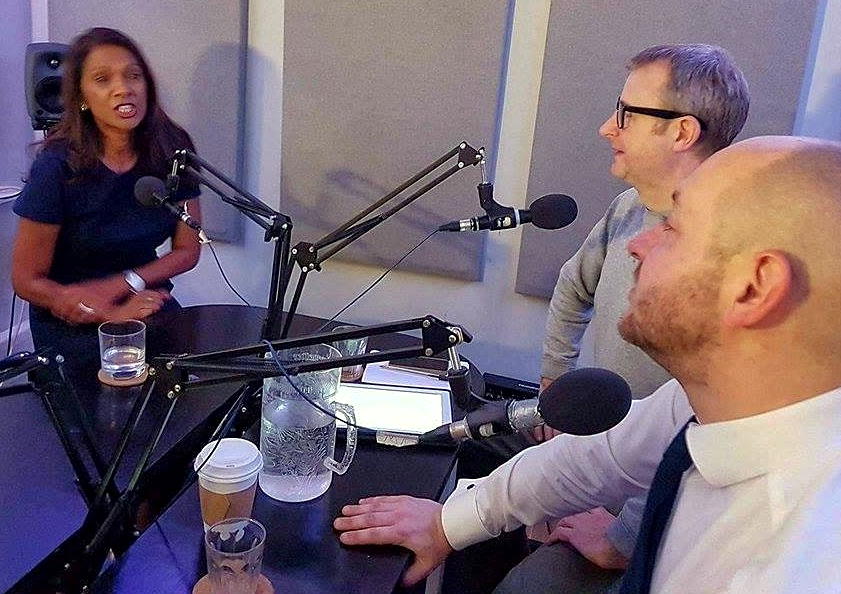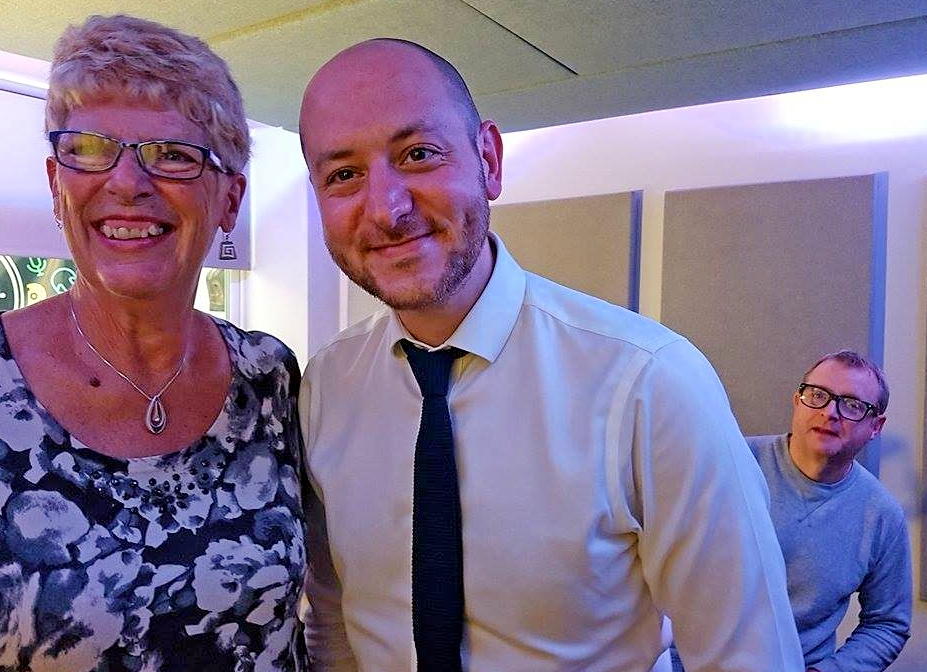Ian Dunt is editor of Politics.co.uk, author of Brexit: What The Hell Happens Now? and a host on the Remainiacs podcast. His new book, How To Be A Liberal, is out later this year.
Ruth Woodhouse :Do you feel that the current coronavirus situation is bringing countries together or, especially in the case of the UK, driving them further apart?
This is a fascinating question. The reality is it does both. Taking the downside first: borders are closed, all over the world. It’s hard to get a more obvious example of national distancing than that. And on a less obvious level, some of the squabbles seen in Europe this month over the financial response, for instance on mutualised debt, have brought back the euro zone crisis demons and revealed that deep split between fiscally conservative countries and the rest. That has the capacity to do much more damage to Europe than Brexit has.
But there are reasons to be positive too. All countries face the same threat and share the same purpose under Covid-19. It is only by seeing what works in other countries and emulating them that we can succeed. So there is a chance here, if we take it, to make the case for internationalism – for countries working together to share expertise, equipment, and evidence.
Roy Stonebridge: It seems almost inevitable that we will arrive at the end of 2020, in the midst of a virus led global recession. How could UK possibly contemplate any changes to the trading arrangements with the EU in such circumstances?
Well if the government was half-way sane it would not consider this. But then, if it was halfway sane, it wouldn’t have got us in this position in the first place. People often assume that No.10 will be sensible if the crunch comes, but pretty much all the evidence of the last few years suggests that’s unlikely.
However, there are a few differences this time. Some leading Brexiters have expressed support for extension. To be honest, probably the best way of achieving an extension is for Remainers to not demand it. If it gets folded into the culture war, it’ll be lost.
One thing is true though: you can judge the government’s Covid-19 response by the Brexit extension. If they do not request an extension, they are doing Covid-19 wrong. This disease should be demanding all their time. If they have any capacity for anything else, they have not understood the magnitude of it.
Christine Jones:If it hadn’t been for Brexit, what might you have been doing for the last 4 years?
Oh God. The lost opportunities. More time down the pub, more time reading books, less time reading about the allocation of fish stocks in the European quota system.
I used to write about other liberal issues: Drug policy reform, free speech, immigration, civil liberties, prison policy. I miss that. Not enough journalists cover it, so when you drift off, you feel you’re letting the side down. But unfortunately, there’s no chance of getting back to it any time soon. The nationalist wave is not receding. And anyone who believes in liberalism, reason and internationalism owes it to themselves to stand up against it. To be honest, as long as we can hold our head up high in a few years’ time and say that we played our part in trying to stop this thing, we’ll be able to consider it time well spent.
Tracy Rolfe: What impact do you think Keir Starmer’s election as Labour leader will have on our medium- to long-term chances of rejoining the EU?
Potentially significant. He is electable. That’s not to say he will be elected, but at least he can be, which is more than we can say about the last Labour leader. He is also a Remainer. He has done enough, over the last few years, to earn our trust on that. If he sees an opportunity to rejoin, he will take it.
But the best thing we can do to make that happen is to lay off him. There should be no pressure for any attempt to rejoin in the short term. We should be aiming to make sure rejoin is a manifesto commitment in the election after next. And that can be done.
As my colleague on Remainiacs, Naomi Smith, says: ‘The first rule of Rejoin club is you do not talk about Rejoin club.’
Lisa Ryan Burton: Do you think Keir Starmer will face the same level of criticism from the British media that Jeremy Corbyn faced, or will his background and character make it much more difficult for the press to paint him in such a negative way?
He will face much less. There are very simple reasons for this. He does not seem to actively dislike Britain. He has basic competence. This seems obvious, but the previous leader was seemingly incapable of it.
However, he will still be attacked. The press are largely – outside of the Guardian, the Times and the FT – cheerleaders for Boris Johnson. That won’t change. They’ll look to undermine Starmer. If he’s clever though, he can sidestep this. And the way to do it is to speak over their heads, utilise the opportunities offered by impartiality rules on broadcasters, not treat the media as a tribal enemy, and triangulate the government position – try to turn the debate on issues in which you appeal to their base in order to expand the opportunities you have in your own territory.
Stewart Luscott-Evans: Has the coronavirus pandemic changed your views about Brexit in any way, or has it reinforced your beliefs?
Neither really. Brexit still seems a bloody silly idea. But it’s not like the EU response has been so magnificent that it particularly helps in the other direction either.
If anything it makes me worry about how the EU handles its own Covid-19 crisis. It must do better this time than it did in the bond crisis. It must demonstrate solidarity, the basic principle on which it is based. There’ve been a few examples of that – Macron’s rhetoric, Merkel’s use of equipment provision. But the efforts by Germany and the Netherlands to kill off attempts at really broad-ranging mutualisation of debt measures doesn’t bode well. It’s not enough to smuggle compromises into haphazard initiatives which go under the radar. It needs big visible measures that don’t just work, but are seen to work.
For decades now, national leaders have been able to claim credit for the good things the EU does, and blame it for whatever they don’t like. The EU facilitates this by stuffing big projects into boringly titled stability mechanisms and the like. That has to stop. They need to fix the policy. And they need to fix the way the policy is presented. The severity of the crisis provides a moment in which to achieve that, in a really eye-opening and effective way. I hope they take it. Although I must say that the early indications are not good.
Many thanks to Ian for taking part. Next month we talk to Jessica Simor QC.









